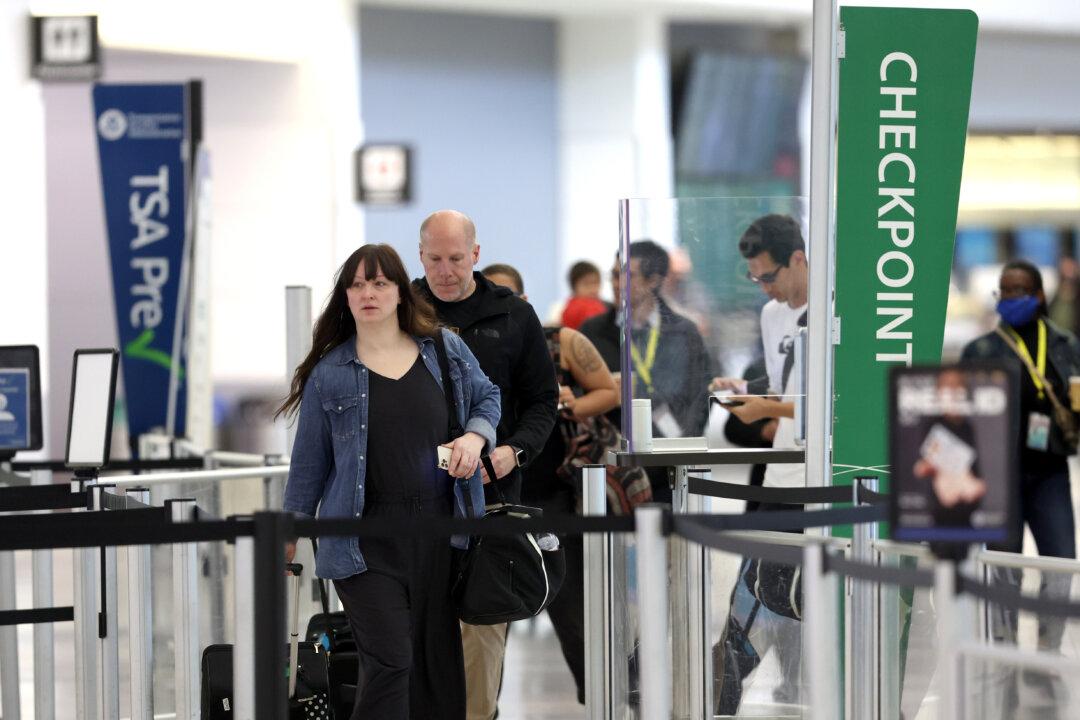Commentary
Making movies is a tricky business, especially in the COVID-19 era. There’s a reason why most people don’t make movies. You need money—a lot of money—legal work, good cinematographers, editors, someone to do the musical score, and finally, a marketing plan to get the movie widely distributed. People who have money typically don’t have the creativity, and creative people typically don’t have the money.





